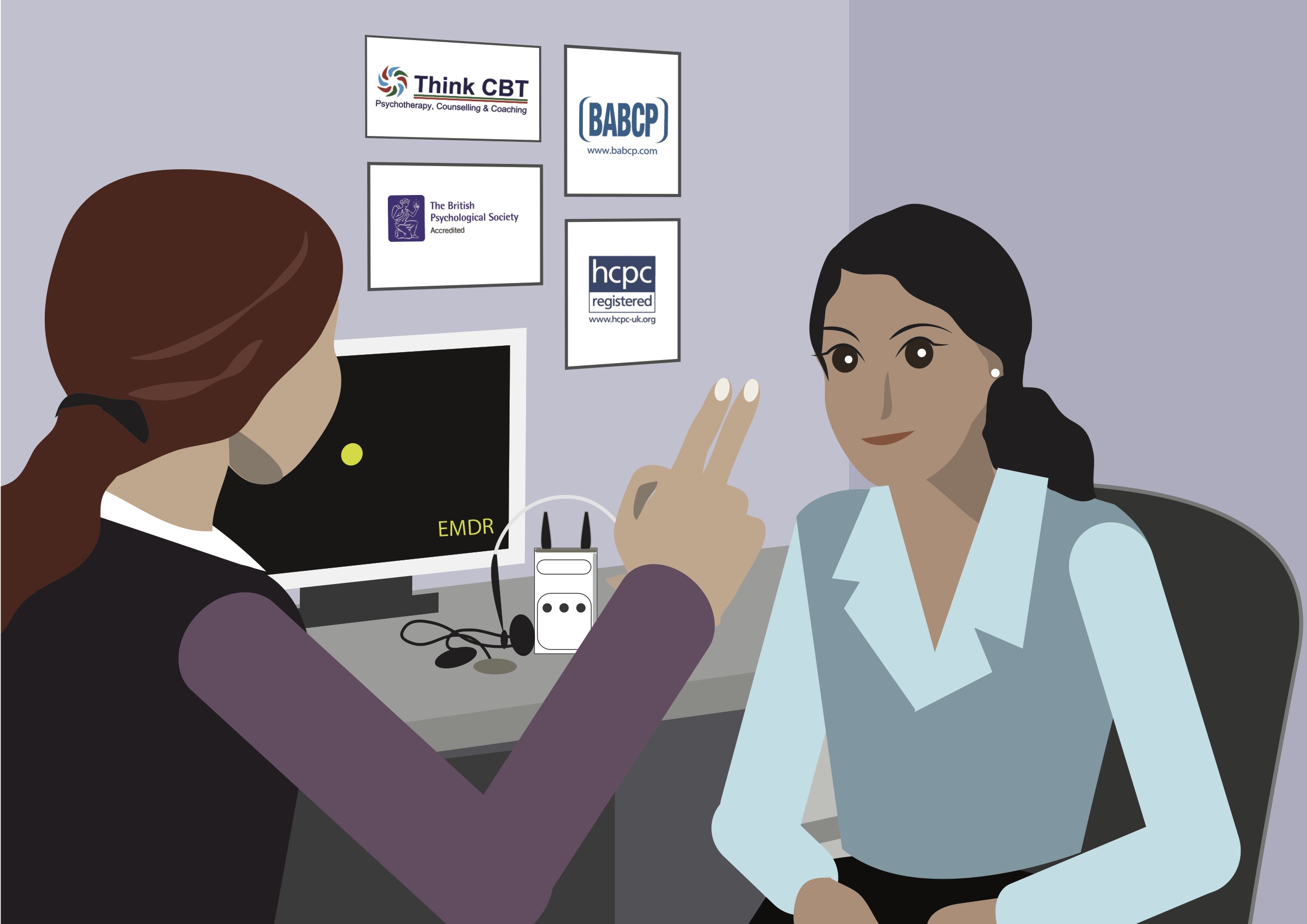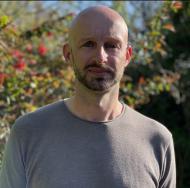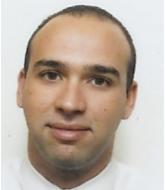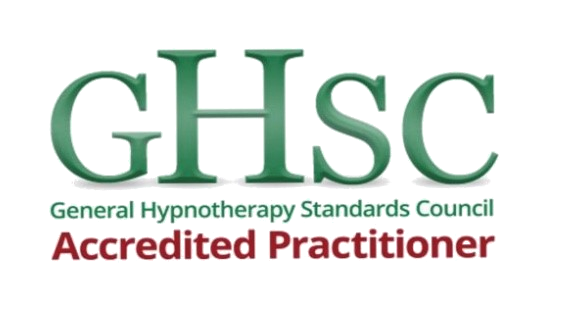CBT and EMDR for Trauma and PTSD - London, UK-wide and Online via Video-Link
If you are experiencing a traumatic reaction including Acute Stress Disorder or PTSD, we can help. We provide clinically validated treatment for trauma-related problems including Post Traumatic Stress Disorder (PTSD), from our clinics across the UK or online via video-link. These include Trauma Focused Cognitive Therapy (TFCT) and Eye Movement Desensitisation and Reprocessing (EMDR), which are the NICE-recommended treatments for trauma and PTSD. To talk to one of our trauma experts about treatment for trauma-related symptoms or PTSD, call 01732 808626 or email info@thinkcbt.com
What is Trauma?
Trauma is an emotional and physiological reaction to a distressing event such as an accident, physical assault, rape, torture or a natural disaster. These highly distressing situations can have an overwhelming affect on the central nervous system and lead to symptoms of shock, denial, unpredictable emotional reactions and physical problems including nausea and fatigue. Where the immediate symptoms persist for more than three days and lead to feelings of depersonalisation, flashbacks and high levels of emotional arousal, the individual may be experiencing an Acute Stress Reaction. If these symptoms persist with patterns of re-experiencing and avoidance for more than one month, the individual may be experiencing Post Traumatic Stress Disorder (PTSD).
What is PTSD?
Post Traumatic Stress Disorder is a reaction to a real or perceived threat to loss of life or serious injury. The causes of trauma are varied, but can include accidents, assaults, natural disasters, crashes, rape, sexual or physical abuse, childhood neglect, bereavement and military combat. PTSD can significantly affect individuals who personally experience the trauma, those who witness it, those involved in recovery or rescue, as well as friends or family members.
PTSD was recategorised from an anxiety disorder to a Trauma and Stress-Related Disorder in DSM-5. This also introduced a preschool subtype of PTSD for children aged six years or younger. Like many other psychological conditions, PTSD can occur on a full or sub-clinical basis.
Trauma professionals also tend to differentiate between “Small T” and “Big T” traumas. Small T traumas can include issues such as divorce, complicated grief, media exposure and childhood emotional abuse. Big T trauma is normally diagnosed by psychological health professionals using the eight criteria briefly outlined below:
Diagnostic Criteria
The following eight criteria are for individuals aged seven or older. These criteria are used by a trained psychological health professional to help determine whether an individual is experiencing symptoms and reactions consistent with PTSD:
- Directly experiencing, witnessing or vicariously experiencing a traumatic event.
- Intrusive symptoms including nightmares, flashbacks, overwhelming emotions and physical reactions.
- Avoidance of the situation or thoughts, memories and reminders of the situation.
- Negative alterations in thoughts and mood, including problems with memory and negative self appraisal.
- trauma related arousal and reactivity, including irritability, hypervigilance and aggression.
- The symptoms persist for more than one month.
- Symptoms cause significant functional impairment in social or occupational settings.
- Symptoms are not caused by medication or substance misuse.
Dissociation Sub-types
Dissociation has been separated out from the symptom clusters and its presence can now be specified as a sub-type within PTSD. Although there are several types of dissociation, the following two have been identified for diagnostic purposes:
- Depersonalisation, which involves feeling detached or disconnected from one’s self.
- Derealisation, which involves feeling that one’s surroundings are unreal.
The marked symptoms of anxiety and hyper-arousal associated with PTSD can also lead to unexplained muscle pain, palpitations, fatigue, headaches, broken sleep, irritability, loss of impulse control and periods of emotional numbness.
PTSD reactions usually occur within one month of the traumatic event. However, it is not unusual for PTSD to be triggered months or even years after the initial event. In general, the earlier the event, the more severe the traumatic reaction.
PTSD can affect people in a profound way, frequently leading to further worry about losing control or going crazy. It is often linked to secondary emotional and physiological anxiety symptoms, panic attacks and depression if left untreated. In a small number of cases, complex PTSD can be triggered by traumatic events that are thought to reactivate memories of early abuse. This can sometimes be confused with a Borderline Personality Disorder.
How PTSD Is Treated

Most people recover from traumatic events without prolonged traumatic reactions or PTSD. The lifetime prevalence of PTSD is between five and ten percent. The first therapy stage therefore involves something known as "watchful waiting" to see how the symptoms develop, usually within the first four weeks following the traumatic event.
Where normal traumatic reactions persist into PTSD, Trauma Focused Cognitive Therapy (TFCT) and Eye Movement Desensitisation Reprocessing (EMDR) are used to treat the problem.
CBT works by identifying and altering the cognitive patterns that maintain the traumatic reaction. This also involves graded behavioural exposure and rescripting work to build a sense of emotional control and personal resilience. EMDR involves the use of special eye movements, physical taps or audio tones to convert unprocessed traumatic experiences into normal memory. At Think CBT, both approaches are used on an integrated basis to maximise recovery and to best meet the individual needs and preferences of the client.
CBT and EMDR are the NICE-recommended treatments of choice for PTSD. The research evidence clearly demonstrates that these forms of treatment are more effective than other forms of therapy and medications.
If you want to talk to a Psychotherapist trained in Trauma Focused Cognitive Therapy (TFCT) and Eye Movement Desensitisation and Reprocessing (EMDR), you can complete the simple contact form and we will organise a free initial telephone consultation.
Assessing and Monitoring PTSD or Trauma
You can use the downloadable Trauma Thought Record available here to monitor and alter the reactions to situations in which you feel the emotional and physical effects of trauma. You can also take the PTSD tests by clicking on the following link:
Cognitive Behavioural Therapy, enhanced by EMDR for post-traumatic stress, brings the same rigor, structure and focus to the problem that it provides for many other psychological, emotional and behavioural problems.
Follow the evidence and take a positive step towards changing your situation.
Call us now on 01732 808626, complete the appointment request form on this page or email us at info@thinkcbt.com.
Our Trauma / PTSD Specialists
Eye Movement Desensitisation and Reprocessing therapy in Sevenoaks Kent | EMDR in London | PTSD and Trauma Therapy UK-wide.
























































































































































































































